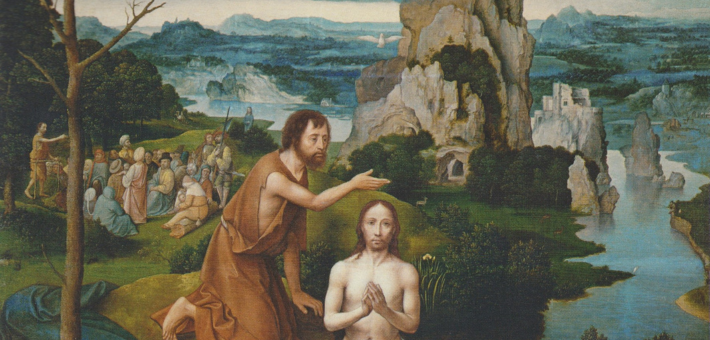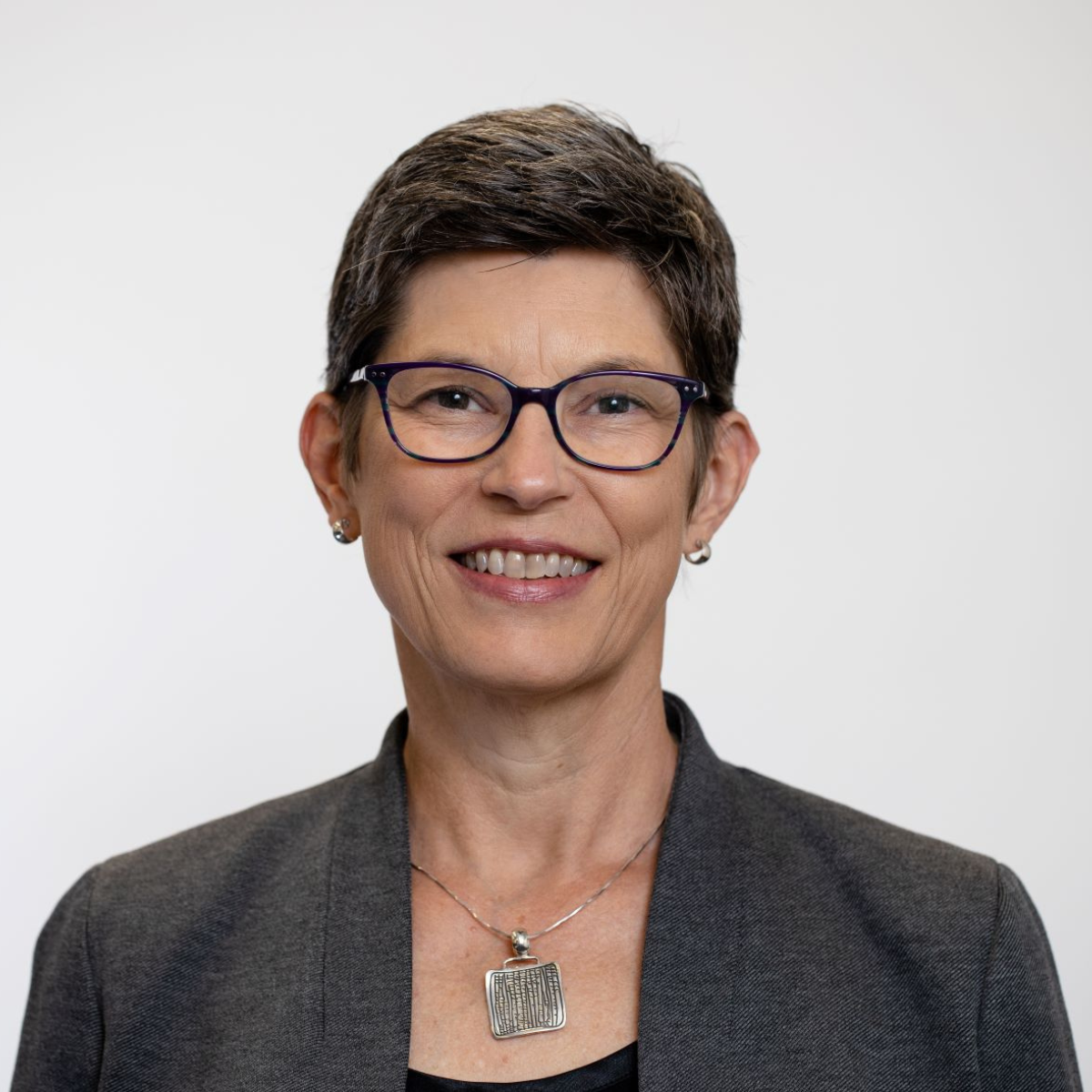Commentary on Isaiah 43:1-7
The theme linking the first reading and the Gospel passage for this Sunday is chosenness. In Luke’s account of Jesus’ baptism, Jesus is the chosen one. After the Holy Spirit rests upon him, a heavenly voice speaks directly to Jesus, calling him “Son” and “Beloved,” one with whom God is pleased. In Isaiah 43:1–7, Judeans living in Babylon are the ones of God’s choosing. Found within a section of the book often called Second Isaiah because the words reflect the fifth-century setting of the Babylonian exile and not the eighth-century setting of Isaiah of Jerusalem, these comforting words assure the community that God knows them and they belong to God.
The anonymous poet of Isaiah 40–54 likely was not addressing those who had been forcibly removed from Jerusalem during the Babylonian conquest in the sixth century but instead their children and even grandchildren—some of whom may have been born in Babylon. Consistently, it attempts to convince this second and third generation of exiles that their true home is Jerusalem and that God can and will facilitate their return to their ancestral lands. Like a grief-stricken mother, Jerusalem is eagerly awaiting their reverse migration (expressed powerfully in Isaiah 60:4–7, this season’s lection for Epiphany). “Go out from Babylon, flee from Chaldea,” it insists (Isaiah 48:20).
Beneath the extravagant promises of care and protection expressed in this passage (and elsewhere in Second Isaiah), we can hear the people’s pain. Their sense of abandonment. Their fear. Their doubt in God’s power and care. Indeed, this collection acknowledges that Jerusalem was once abandoned by God (Isaiah 54:7) and has already paid double for its sins (Isaiah 40:1). How can the people trust in God’s care now?
While First Isaiah once warned that the enemy was a weapon wielded against Israel by the hand of God (Isaiah 10:5), Second Isaiah now celebrates the power of God’s arm to save (Isaiah 40:10). God has forgiven Jerusalem, loves the people, and is ready to comfort them (Isaiah 40, 42–44). As the creator of all things (Isaiah 40:26, 28; 40:20; 41:5; 45:7–18; 54:16), God can control geography for their sake (Isaiah 40:4; 41:18–20). Far superior to the idols of Babylonian religion (Isaiah 40:12–26; 44:9–20), God has anointed Cyrus, the ruler of the Persian Empire, to destroy their Babylonian oppressors (Isaiah 45:1–17).
According to our passage, God is Israel’s creator and also its redeemer, the One who will protect the returning bands as they embark on their own exodus from captivity; they will pass through the waters as their ancestors once braved the Red Sea. “Do not fear”—the same reassurance that Moses gave to the fearful Hebrews escaping Egypt (Genesis 14:13) and that God gave to Hagar (Genesis 21:17), Abraham (Genesis 26:24), Joshua (Joshua 8:1), the shepherds (Luke 2:10), and a host of biblical characters in peril—appears twice in this short unit.
These promises of defying fire and flood are surely not literal promises of physical protection. Instead, they are words intended to stir the emotions. They are words of the heart, extravagant promises of commitment, care, and love in the face of danger. In bold terms, this poem affirms and comforts those who feel separate from and distrusting of God.
By focusing solely on Jesus’ baptism for this Sunday, preachers sometimes overlook the power of Second Isaiah’s words to speak into hearers’ hearts, especially those whose painful experiences have left them doubtful of their own worth and God’s care. “Do not fear.” “I love you.” “You are precious.” Who in the congregation needs to hear those powerful words yet again? The LGBTQ2S folk who have been traumatized by violent Christian rhetoric? The struggling parents who are woefully aware of their own failures? The aging who are seeking a sense of purpose and meaning in a society that too often equates people’s value with their productivity?
It is important, of course, to notice when the need for affirmation for ourselves blinds us to the needs of others. In this passage, for example, other nationalities are not themselves chosen ones, but rather collateral exchanged for Jerusalem’s redemption (43:3–4). Although the location of Seba is not known, other biblical texts associate it with the locales mentioned here; the Hebrew term “Cush” refers to a kingdom south of Egypt and is sometimes translated as “Ethiopia” or “Sudan.”
When read through the lens of the transatlantic slave trade, the seizure of African kingdoms for the enrichment of others is profoundly disturbing. And yet, when read through a hermeneutic of affirmation, the acknowledgment of their wealth and status underscores the prominence of Africa and Africans in a Bible that is too often read as a “white” text.
The end of the passage encourages such a wider and more expansive interpretation. Not only “you” but also others seemingly lost will be loved and welcomed. Preachers who believe that all persons are created and called by God can read “everyone” (in Hebrew “all,” Isaiah 43:7) in ways that affirm that not only some but all will be chosen. All those who have been scattered—from the north and the south, sons from far away and daughters from the ends of the earth—will be gathered together.
For Further Reading
Mark J. Boda, John Ahn, Frank Ritchel Ames, and Mark Leuchter, The Prophets Speak on Forced Migration (Society of Biblical Literature, 2015).
Stacy Davis, “Cush,” Bible Odyssey, Society of Biblical Literature, 2024, https://www.bibleodyssey.org/articles/cush/.


January 12, 2025